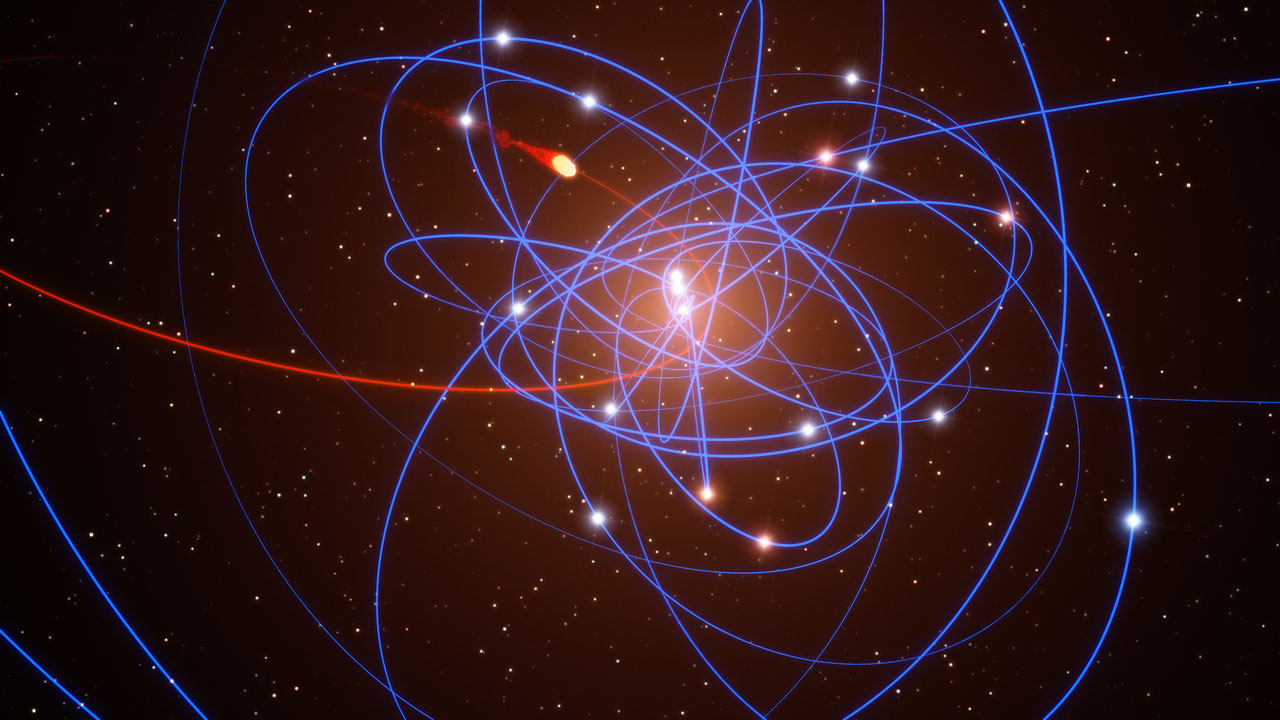“The rise of the internet brought about similar fears, yet it ultimately made learning richer and more accessible.”
All Articles
With “Karla’s Choice,” Nick Harkaway had an impossible mission: maintain his father’s legacy while staying true to his voice.
The corporate world is no cake walk — as a leader you need a framework that can equip you for the cross-pressures.
Launched in March, the PUNCH mission has viewed two incredible coronal mass ejections, tracking them farther from the Sun than ever before.
Breaking barriers: seamless learning across languages and platforms.
Annie Duke, a poker champion turned decision scientist, talks with Big Think about how to choose well under uncertainty.
Leaders may not realize it — they’re not just being watched, they’re being interpreted, filtered, and judged, frame by frame.
The tiniest galaxies of all are the most severely dominated by dark matter. Could black holes be the cause of the extra gravity instead?
As Beijing encroaches on the territory of the Himalayan kingdom, its ultimate aim is leverage over India.
A few physical quantities, in all laboratory experiments, are always conserved: including energy. But for the entire Universe? Not so much.
For his new book, “The Ghost Lab,” Matt Hongoltz-Hetling spent time with paranormal investigators to understand their relationship with science and society.
Welcome to The Nightcrawler — a weekly newsletter from Eric Markowitz covering tech, innovation, and long-term thinking.
If you want to understand the Universe, cosmologically, you just can’t do it without the Friedmann equation. With it, the cosmos is yours.
If happiness is an absolute good, would 1 billion slightly happy people be better than 1 million incredibly happy people?
Viewing Uranus’s largest moons with Hubble, astronomers hoped to find darkening on the trailing side. They found the exact opposite instead.
The cofounders of think tank RethinkX are convinced that humanity is undergoing civilizational phase change.
In “The Shortest History of the Dinosaurs,” Riley Black reveals the bold mammals that thrived in the Age of Reptiles.
The “primacy/recency effect” is used by celebrated movie-makers, Broadway composers, and restaurateurs — it can work for you too.
On Earth, our particle accelerators can reach tera-electron-volt (TeV) energies. Particles from space are thousands of times as energetic.
“We are racing towards a new era in which we outsource cognitive abilities that are central to our identity as thinking beings,” writes computer scientist Louis Rosenberg.
The veteran economist joins Big Think to unpack the new rules of social media, explain tariffs, and recount his adventures in Albania.
The first galaxies were irregular blobs of gas and stars. But modern features, like spiral arms and bars, appeared earlier than expected.
The hunt for extraterrestrial life begins with planets like Earth. But our inhabited Earth once looked very different than Earth does today.
If the Universe is 13.8 billion years old today, but different ages the farther we look back, what does it mean for a star to be the first?
John Green opens up about his struggle to remain hopeful while writing about suffering and injustice.
Welcome to The Nightcrawler — a weekly newsletter from Eric Markowitz covering tech, innovation, and long-term thinking.
The COSMOS-Web has just finalized their release of their full field: larger and deeper than any other JWST program. Here’s what’s inside.
The child has no control at all and the adult tries to control too much. But there is a third way.
When theory and experiment disagree, it could mean new physics. This time, they solved the muon g-2 puzzle, and saved the Standard Model.





























